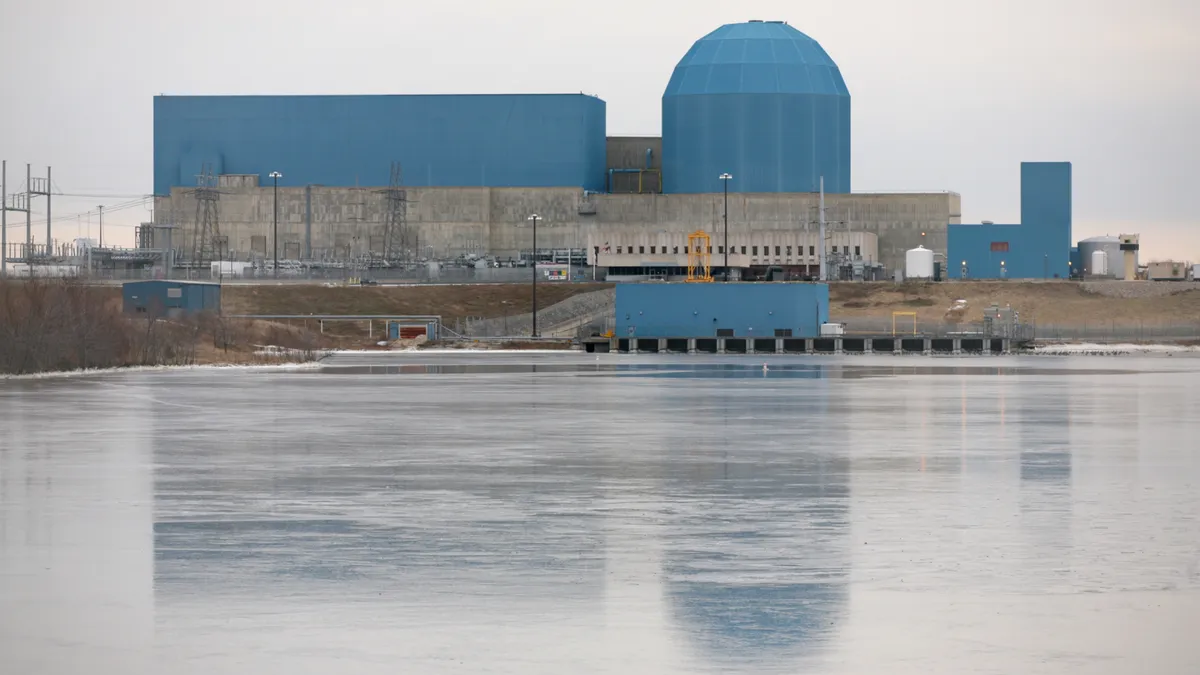Dive Brief:
-
The Electric Power Supply Association and other independent generators on Monday filed their brief in an appeal of a lower court decision upholding nuclear subsidies in Illinois.
-
The brief, Electric Power Supply Association et al v. Anthony Star, filed with U.S. Court of Appeals for the Seventh Circuit, alleges that the subsidy is preempted by the Federal Power Act and that it violates the Commerce Clause of the U.S. Constitution.
-
The appeal challenges the decision of the U.S. District Court for the Northern District of Illinois that upheld the zero emission credit (ZEC) program drafted in the Future Energy Jobs Act that was passed by the Illinois legislature in December 2016.
Dive Insight:
The plaintiffs were rebuffed by the district court, which rejected all five of plaintiffs’ claims. After that decision, Abraham Silverman, in-house counsel at NRG Energy, one of the plaintiffs, took the rejection as a good sign, because it would enable NRG to address all of the claims on appeal.
NRG is one of the parties in the EPSA filing with the appeals court. The other parties in the brief are Dynegy, Calpine and Eastern Generation. Those entities all own coal and gas-fired generation that they say is disadvantaged by the ZEC program. Under the Future Energy Jobs Act, Exelon’s Clinton and Quad Cities will receive ZECs in compensation for their zero emission generation and in addition to the payments they will receive for capacity and energy from the PJM Interconnection.
In the EPSA brief, the plaintiffs seek to prove that the ZEC program intrudes upon the operation of a wholesale power market that is under the jurisdiction of the Federal Power Act, that the ZEC program discriminates in favor of in-state generation resources in violation of the dormant Commerce Clause, that the district court erred in denying plaintiffs a preliminary injunction, that plaintiffs have standing to bring the appeal, and that the Supreme Court’s Armstrong v. Exceptional Child Center decision does not preclude the right of a private party to seek enforcement of a federal law.
The appeal will be closely watched by parties on both side as operators of nuclear plants in other states have either won similar subsidies in other jurisdiction or are weighing whether or not to pursue similar subsidies in other states. Last month, a district court in New York dismissed a challenge to the nuclear subsidies that New York has put in place.
EPSA and other entities are also planning on filing an appeal in New York. Meanwhile, Dominion Energy is trying to include payments for its nuclear power in Connecticut’s state budget. Earlier efforts in Connecticut to pass legislation that would have included a nuclear subsidy failed.














